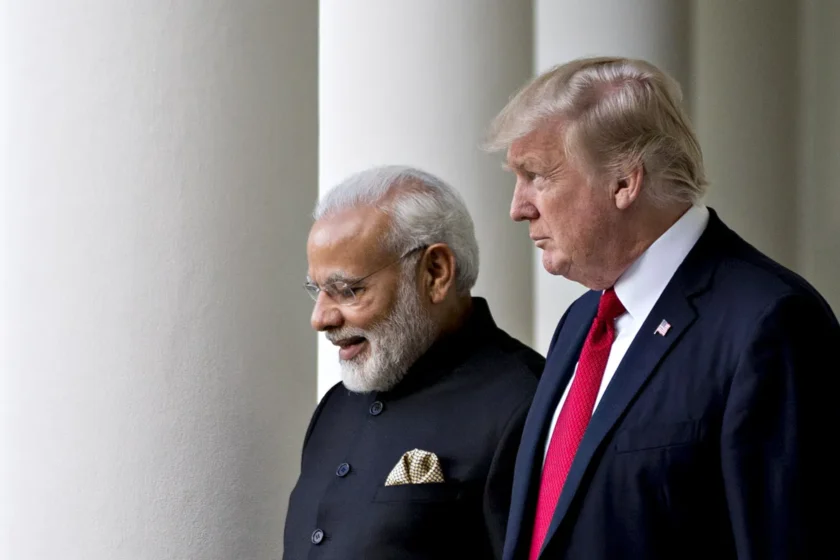Muscat: After a prolonged standoff over Iran’s nuclear ambitions, indirect talks between the United States and Iran have resumed in the Omani capital of Muscat. The meeting, which lasted for approximately two and a half hours, is being seen as a potential turning point in the frosty relations between the two countries.
The talks were held in separate rooms, with Omani representatives shuttling messages between the delegations. Both sides have agreed to reconvene for a second round of discussions on April 19, although the location may change.
Iranian Deputy Foreign Minister Saeed Abbas Araghchi described the first round as “constructive,” noting that it was conducted in a calm and respectful atmosphere. “No inappropriate language was used. Both parties showed commitment to progressing toward a mutually beneficial agreement,” he said during a press briefing in Muscat.
Iran Open to Talks with Conditions
Araghchi stated that the next phase of talks will focus on developing a framework that could lead to a potential agreement. “We hope to define a concrete agenda and timetable for serious negotiations in the upcoming round,” he said.
The shift in Iran’s stance comes amid internal pressure. According to sources, Supreme Leader Ayatollah Ali Khamenei was initially against engaging with the US. However, senior officials from Iran’s parliament and judiciary reportedly persuaded him, arguing that failure to negotiate could result in devastating military action by the US or Israel, especially on nuclear sites such as Natanz and Fordow.
Iran’s newly elected President Masoud Pezeshkian also weighed in, warning Khamenei that the nation’s fragile economy and internal instability could not withstand the consequences of a war.

Khamenei’s Red Lines
While Khamenei has shown willingness to reopen talks, he has imposed strict conditions. Iran is open to discussions on reducing uranium enrichment and allowing more rigorous inspections, but it refuses to negotiate on its missile program, which Khamenei insists is central to national security.
Interestingly, Iran has indicated some openness to dialogue on its regional policies and support for groups such as Hamas, Hezbollah, and the Houthis — a possible olive branch to the West.
Trump Issues Stern Warning
Former US President Donald Trump, who has repeatedly threatened military action against Iran during his term, issued a warning following news of the talks. “If no deal is reached, Iran will face very bad days ahead,” he said, reiterating that the US is determined to prevent Iran from developing nuclear weapons at all costs.
Analysts believe this new round of dialogue could be a pivotal moment in Iran-US relations. However, the outcome will depend on the flexibility and sincerity both nations bring to the table. While the talks have started on a positive note, significant roadblocks remain — especially regarding Iran’s missile capabilities and its regional influence.









